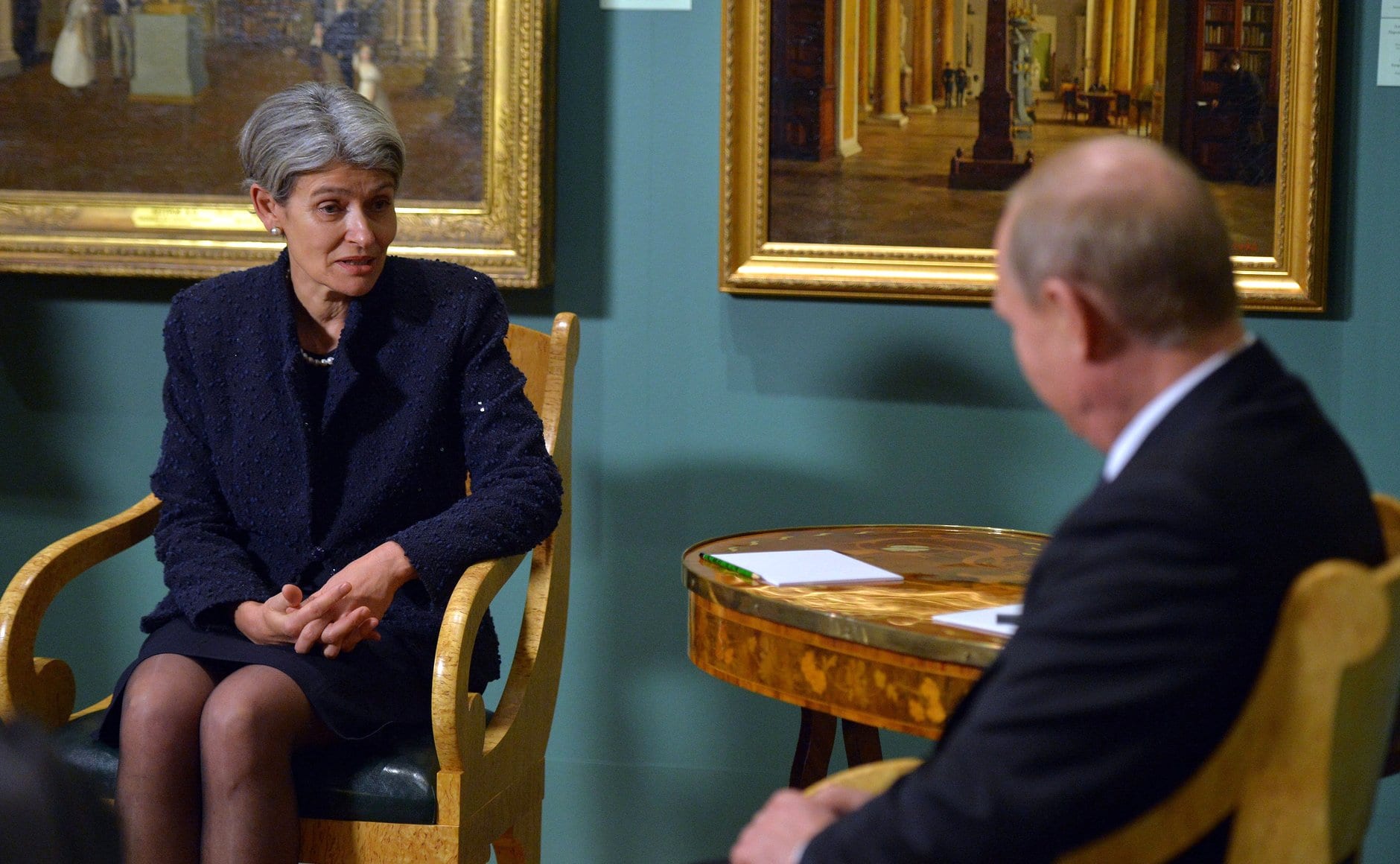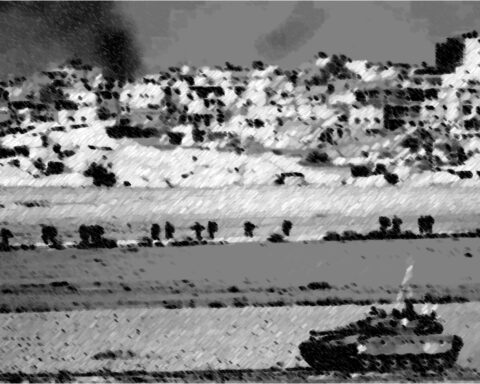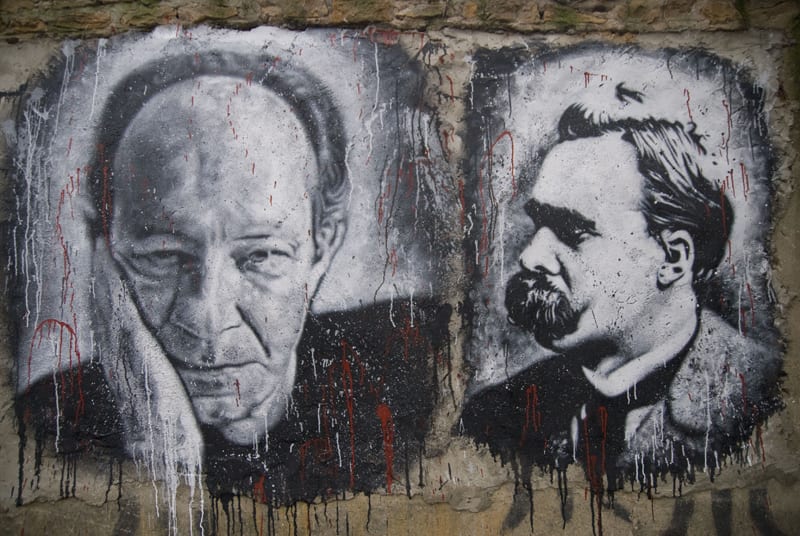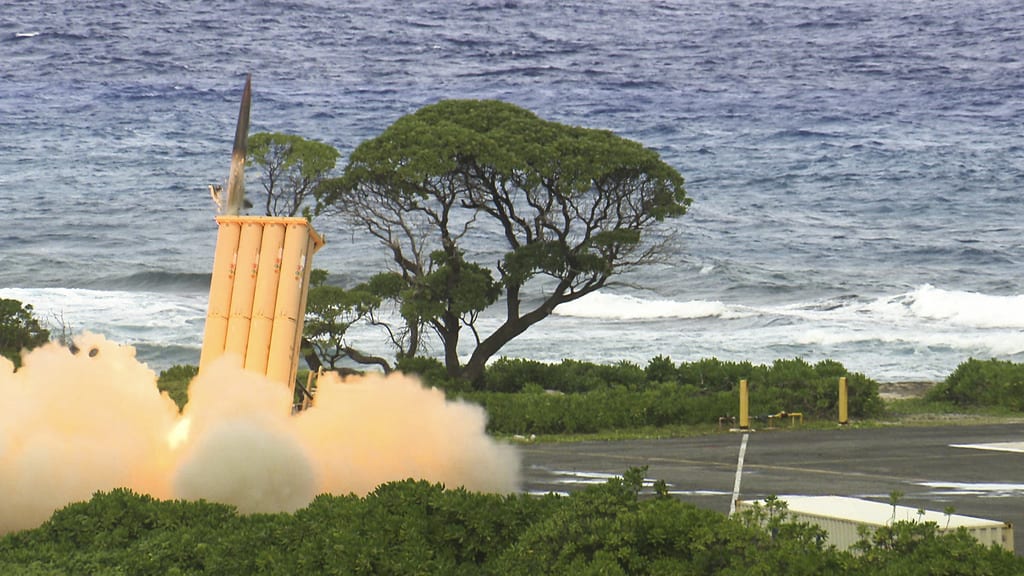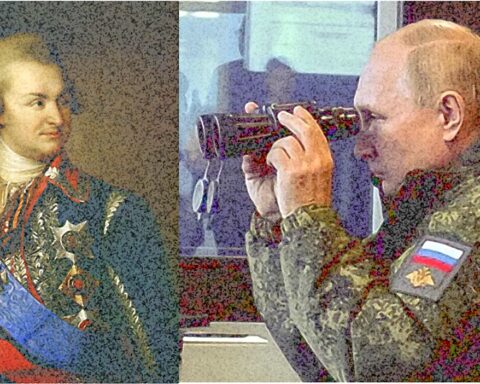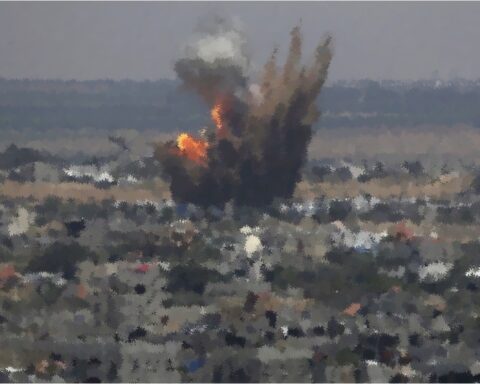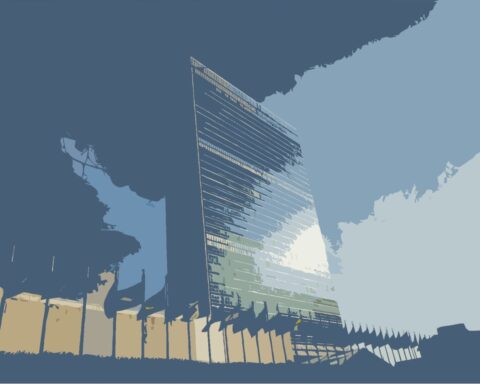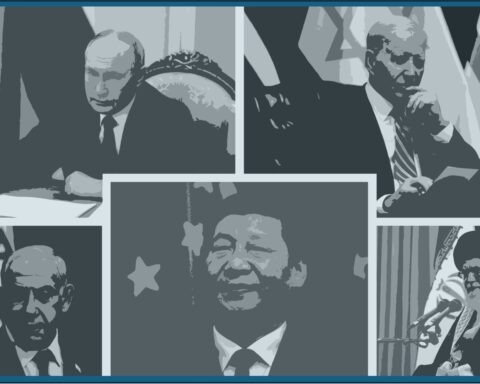The UN, as Paul Kennedy so lucidly describes in his book “The Parliament of Man,” is an indispensable global institution. Yet at its core it remains a fallible, if not a blatantly limited institution driven very often by the interests and caprices of its most powerful member states. Come January 1, 2017, this seven-decade-old institution will welcome its new figurehead in what will once again be the culmination of the realities of the shrewdest tenderloins of great power politics.
According to Article 97 of Chapter 15 of the UN Charter, “The Secretary-General shall be appointed by the General Assembly (GA) upon the recommendation of the Security Council (SC).” This clause remains deliberately ambiguous about the qualifications of potential candidates. The closest to specifying the qualifications for appointment came in the form of a 1946 General Assembly Resolution 11/1 saying a candidate must be a “man of eminence and high attainment.” The selection process, according to the same resolution, is to be carried out through a process of secret balloting by the Security Council; the chosen candidate is then recommended to the General Assembly for approval, thus setting the tone for what has become a sort of customary law in the practice of global governance in the post-World War II era.
Early indicators point to the fact that this time around, whoever comes up top will have benefited from one of the toughest political peremptory challenges in recent years than any act of compromise as stipulated by UN custom. It is why the campaign to appoint the next figurehead of the UN will be nothing short of a Shakespearean rendition of The Merchant of Venice at its crudest form in the UN’s backroom Sistine Chapel. Forget for a moment the cosmetic changes in the latest exercise in transparency in the selection process, with the public disclosure of candidate profiles and candidates pitching their cases to the GA. Ultimately, tradition has it that the final call lies squarely in the laps of the SC’s most powerful states—Russia and the US. This is evident in the history of the UN and will remain so for the foreseeable future.
And in this season of American political theatrics, I can’t help but borrow what I consider to be the sexiest of American political jargons—“momentum.” History, geostrategic imperatives and dare I say fate, has placed the momentum in Moscow’s direction the process of choosing Mr. Ban Ki-moon’s successor. Whilst momentum counts for much in the American political psyche, we can gather from Moscow’s recent political posturing to predict how it intends to expend its political capital in the backrooms of the SC.
Tradition dictates that it is Eastern Europe’s turn at the helm of the UN, being that the region has been in the eye of geopolitical turbulence. We have on our hands a Russia bitterly aggrieved that its claim to being the regional hegemon is being challenged from Ukraine to the Baltic regions. Add to the mix the raft of sanctions and counter-sanctions between Russia and the West and you have an opportunity for Moscow to display its geostrategic stealth, as it has done so repeatedly in the last couple of years.
The UN has quite a history of Moscow and Washington clashing over the appointment of the Secretary-General. A good example is how the second term bid of Mr. Trygve Lie was vetoed by the Soviet Union in 1950, leaving the SC deadlocked and unable to recommend a candidate to the GA for confirmation. It was an idealist’s misfortune that led Mr. Lie to incur the wrath of Moscow in his first term by sanctioning the intervention of UN forces in the Korean War. Because the cold warriors were in no mood for compromise, it took the GA to rescue what was left of Mr. Lie’s faltering candidacy through a majority vote to extend his tenure. That was the only time the GA actively intervened in the appointment process. Like Mr. Lie before him, Mr. Boutros Boutros-Ghali was viewed as an undesirable.
Similarly wielding the threat of the veto, Washington hounded Mr. Boutros-Ghali out of the UN in 1996 in favor of my compatriot Mr. Kofi Annan. Mr. Boutros-Ghali was a darling of the developing world who truly believed his allegiance was first and foremost to this constituency, and thus saw no need to subscribe to Washington’s diktat of the post-Cold War New World Order. Unencumbered by Soviet pressure, Washington was incensed at Mr. Boutros-Ghali trying to transform the UN into a countervailing force to American strategic interests. To think that not even the fact that Mr. Boutros-Ghali had the backing of 14 members of the SC, major Western European states and the then Organization of African Unity (OAU) could dissuade Washington from strong-arming its way is indicative of the intricacies of the power dynamics in the SC. In the case of Mr. Lie, that Moscow turned its back on a man who had cut his political teeth in the traditions of the European political left—with Moscow as its citadel, wasn’t as surprising as it smacked of retributive action against a perceived act of insubordination. Rather than the ideological camaraderie, Moscow saw in the good old diplomat a willing participant in the adversarial forces in the SC.
After the unsuccessful bids of India’s Vijaya Lakshmi Pandit in 1953, Norway’s Gro Harlem Brundtland in 1991 and Latvia’s Vaira Vike-Freiberga in 2006, that half of this cycle’s declared candidates are women is very telling of the growing recognition of the need for the world body to be catch up with the progressive essence of having women in senior executive roles. In this regard, having a woman at the helm is certainly long overdue. As the candidates for the Secretary-General converged in New York a few weeks ago for the unprecedented process of pitching their cases before the GA, there is every indication (backroom horse-trading aside) that the likeliest candidate matching both the critical gender factor and geographic rotation will be the Bulgarian head of UNESCO, Irina Bokova.
Rumored to be Moscow’s preferred candidate, Irina Bokova has an impeccable resume that is as compelling as it is undeniably wrought with difficulties. As UNESCO chief, she made it her business to defy Washington in admitting Palestine into the UN’s cultural organization. The use of the veto by the P5 has traditionally been an important determinant of who comes up on top in the appointment of the UN chief. Ms. Bokova has lived long enough to know that both Moscow and Washington don’t take kindly to any semblance of being undermined, which is why it is hard to see how she can escape an American veto in the upcoming straw polls given this sentimental deficit. That she still throws her hat into the contest notwithstanding is in many ways indicative of the strength of the wind propelling her flight. Be that as it may, I see in Bokova’s candidacy the signs of a trial of strength between Moscow and Washington.
Moscow has in the last couple of years firmly held on to its lines on all major geopolitical questions. In fact, if anything it has not shied away from open confrontation and swimming against the tides. What better time for Moscow to bask in the glory of its recent geopolitical triumphs than to use the selection process to demand its pound of flesh.
